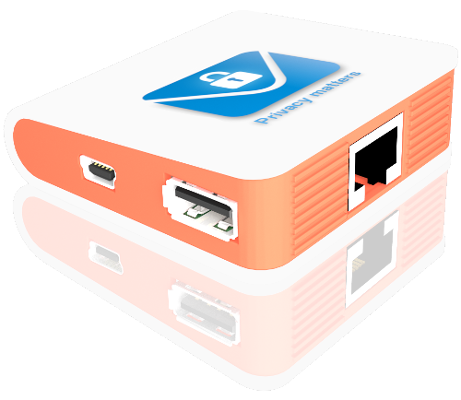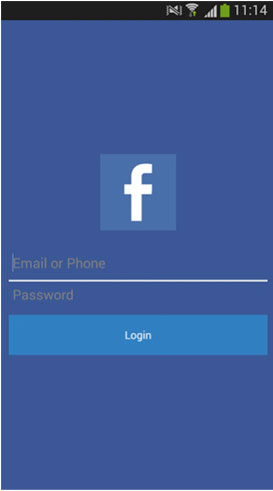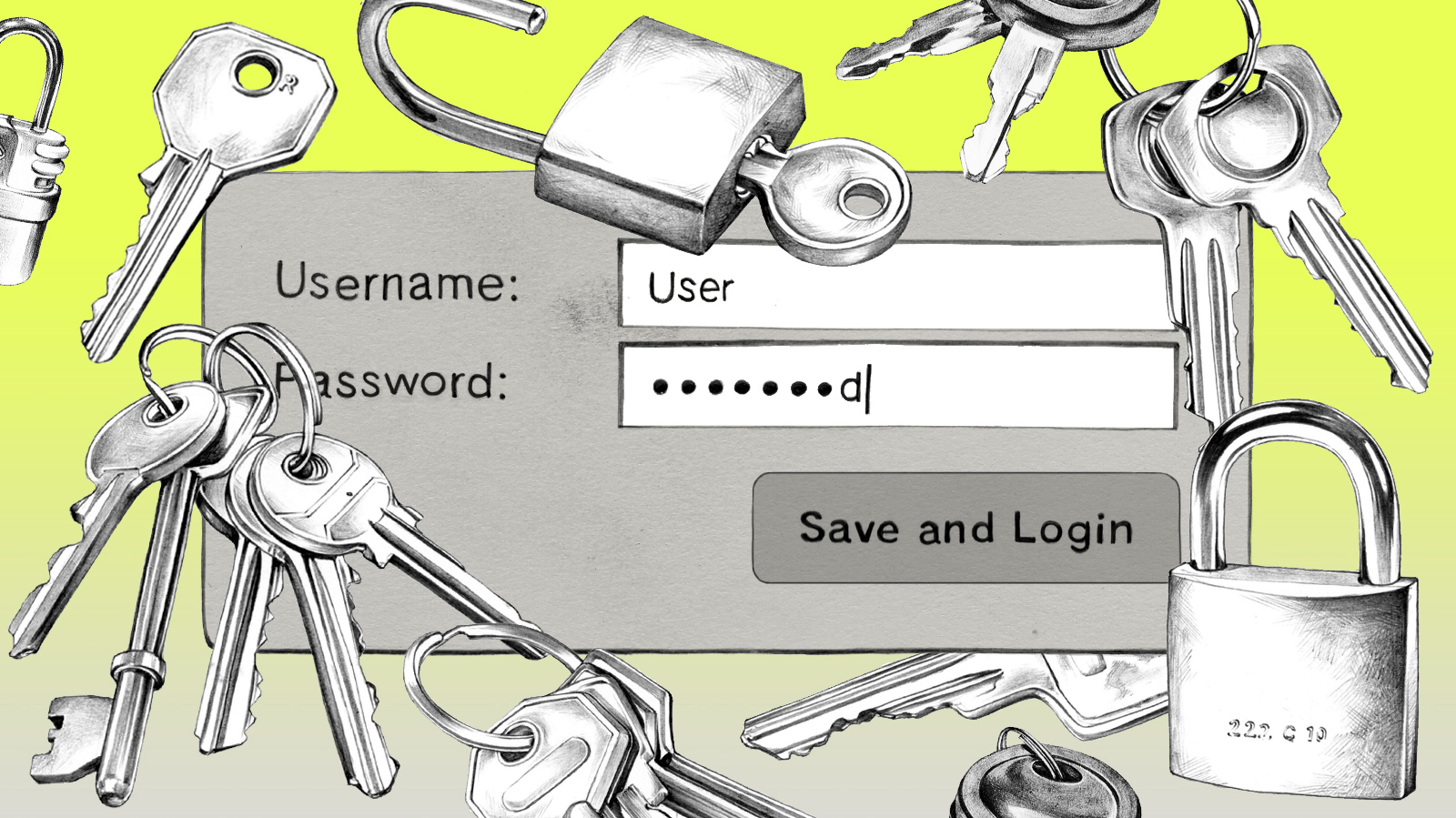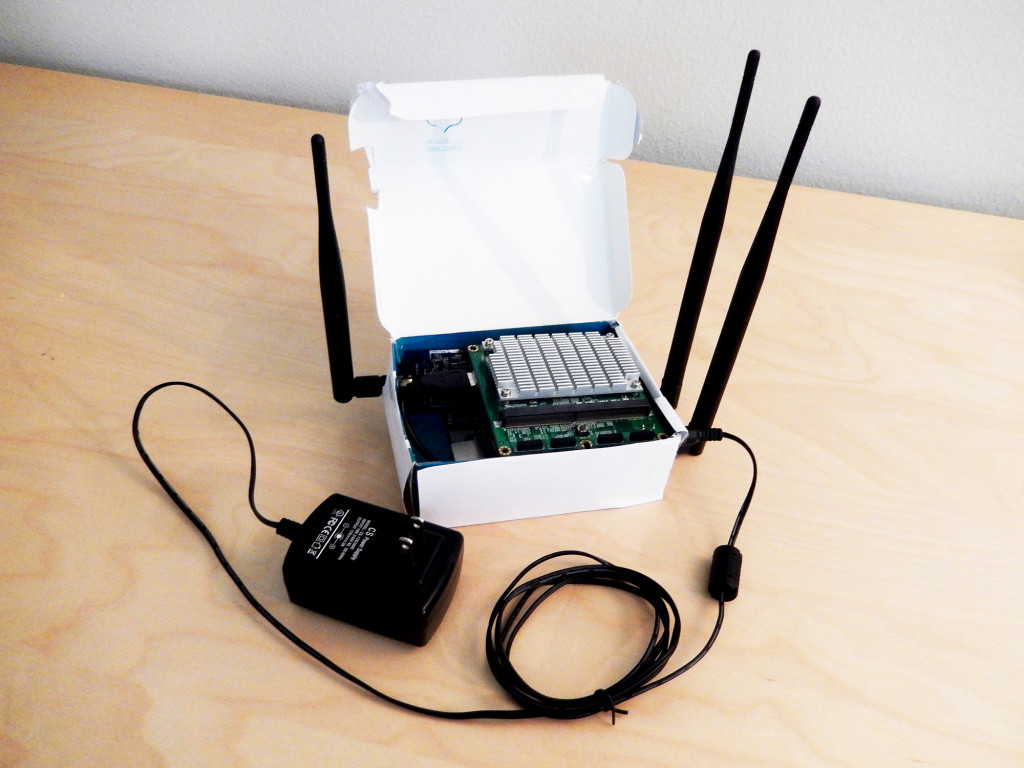
Own-Mailbox is a home-plugged personal email server, with strong privacy protection measures integrated at its core. It provides self-hosted email addresses, or connects with your existing email address. In both cases you can seamlessly send and receive encrypted emails from anywhere in the world, through Own-Mailbox webmail, Smartphone app, or through an external email software (Thunderbird, Outlook, …).
Own-mailbox, is very easy to set-up and use: as easy as a gmail account.
Own-mailbox automatically encrypts your emails with Gnu Privacy Guard, a strong encryption software, the same software as used by Edward Snowden.
Own-mailbox allows you to send and receive 100% confidential messages even with people who don’t use email encryption yet. For this purpose we introduce PLM, a new technique consisting in sending to your correspondent, a filtered and temporary HTTPS link, pointing to your private message hosted on your Own-Mailbox.
Source: Own-Mailbox, the first 100% confidential Mailbox.




